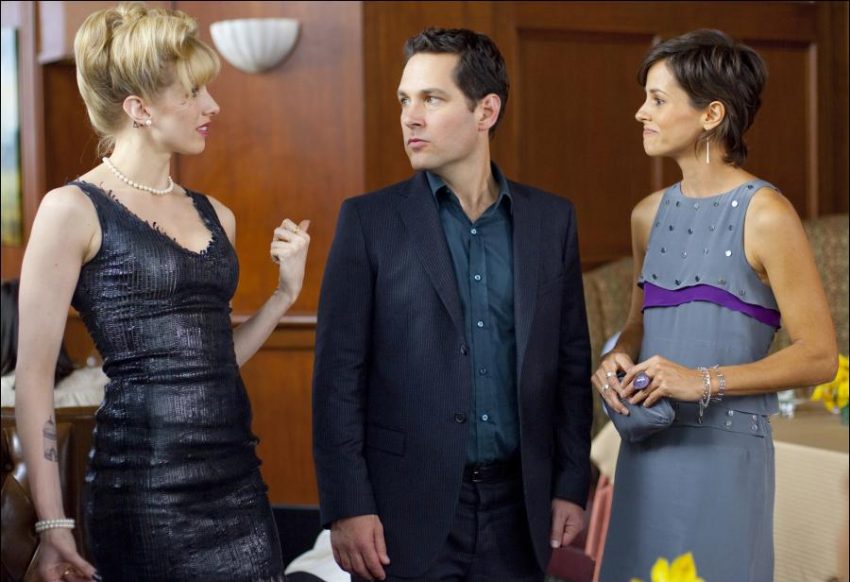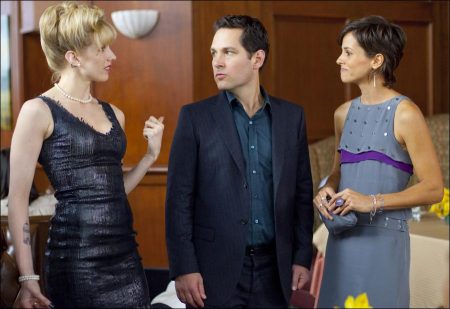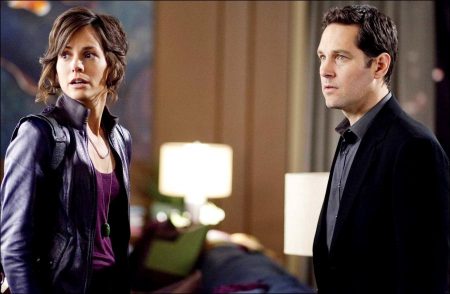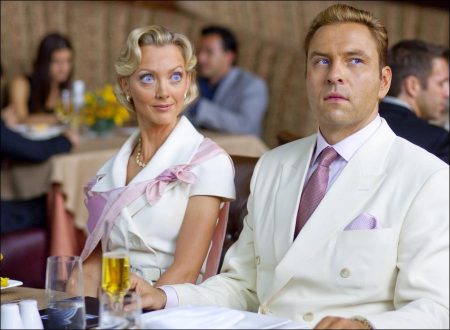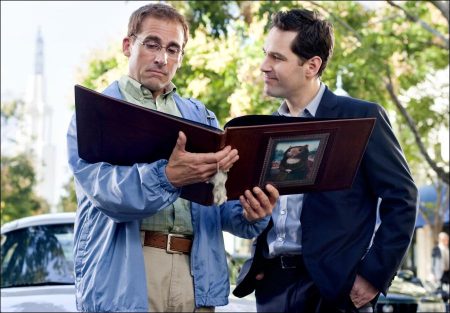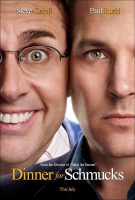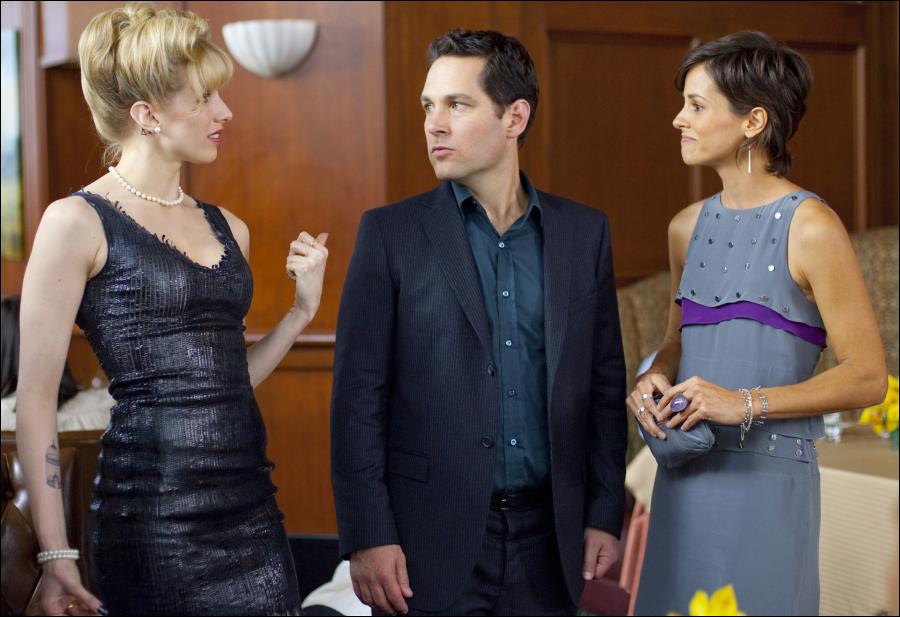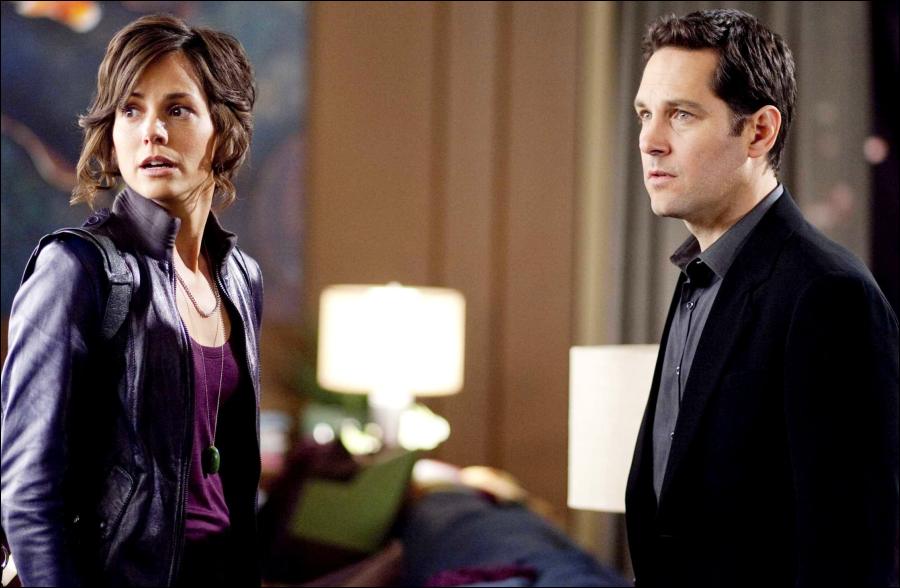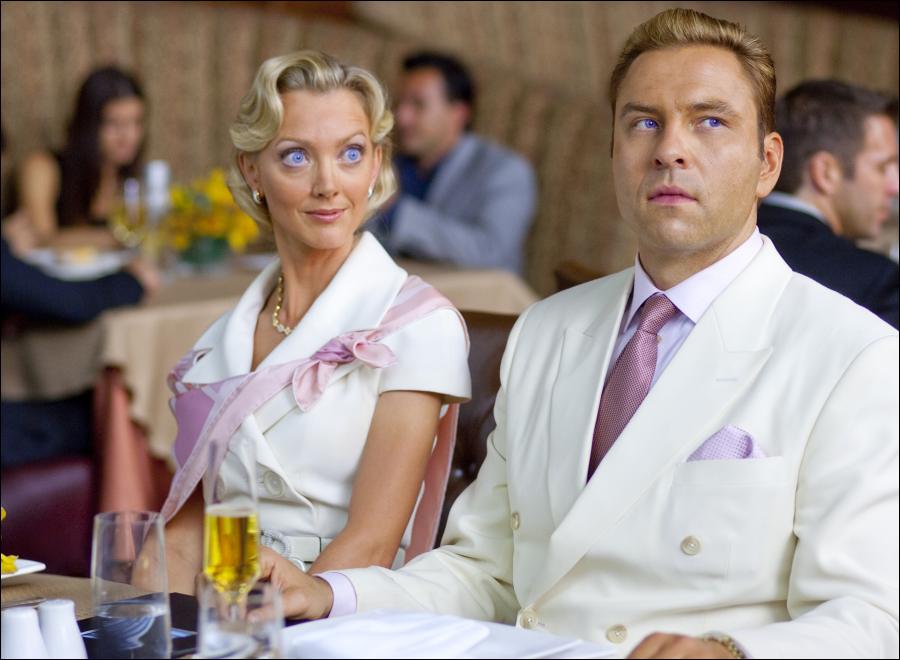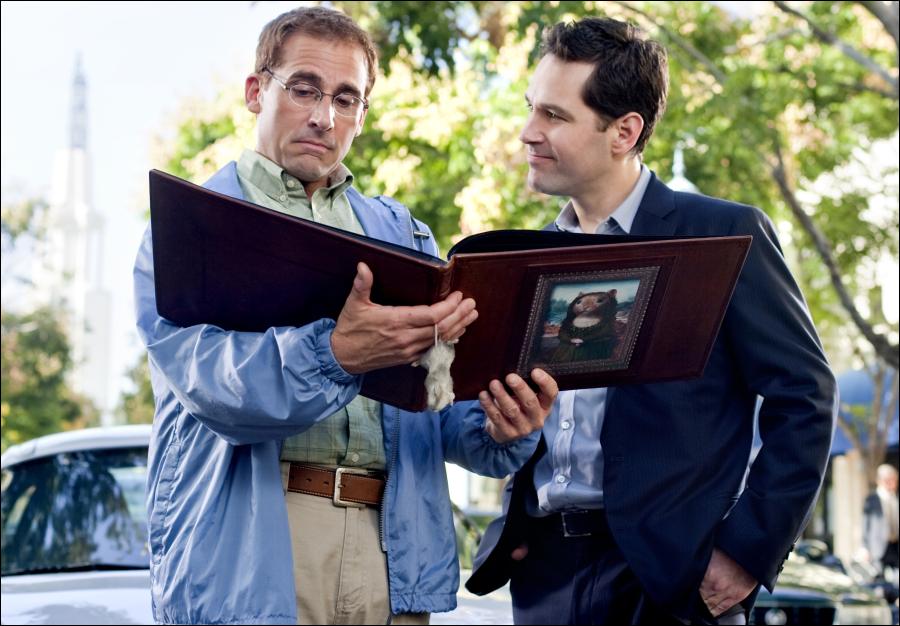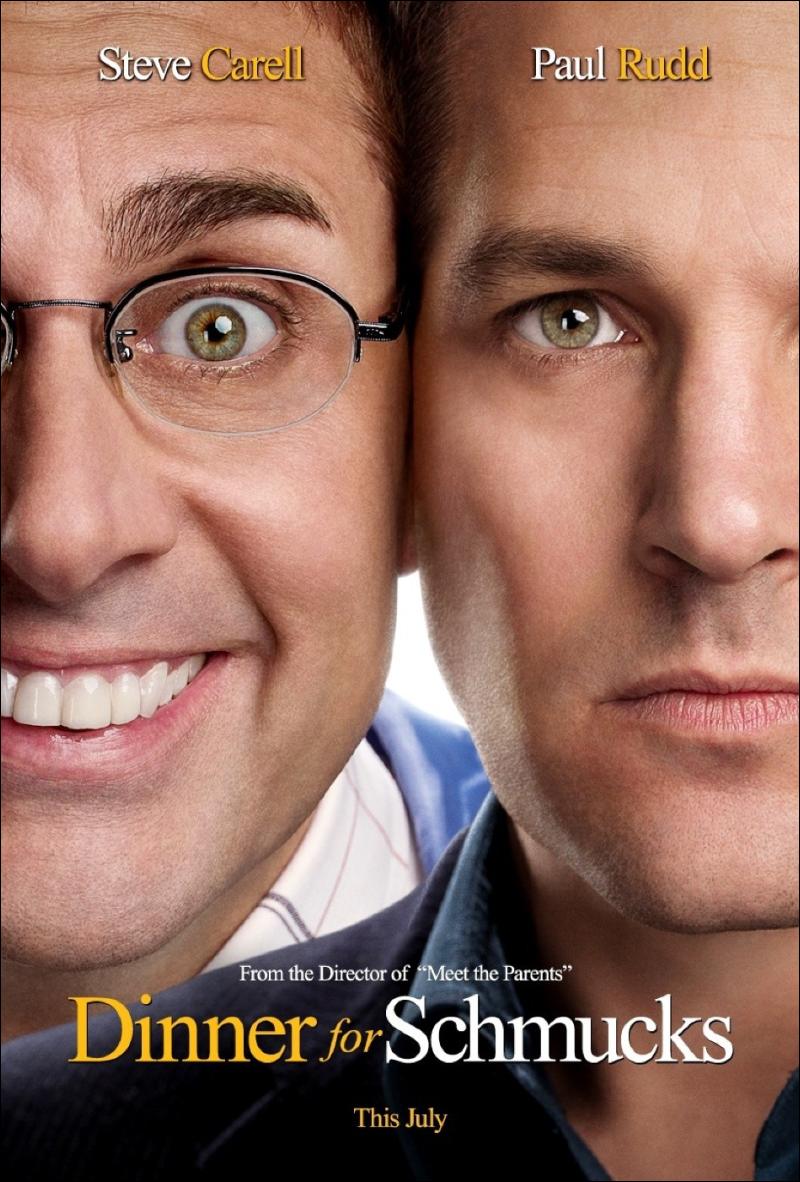Taglines: Takes one to know one.
Tim (Paul Rudd), an up-and-coming executive who has just received his first invitation to the “dinner for idiots,” a monthly event hosted by his boss that promises bragging rights (and maybe more) to the exec that shows up with the biggest buffoon. Tim’s fiancée, Julie, finds it distasteful and Tim agrees to skip the dinner, until he bumps into Barry (Steve Carell) – an IRS employee who devotes his spare time to building elaborate taxidermy mouse dioramas – and quickly realizes he’s struck idiot gold.
Tim can’t resist, and invites Barry, whose blundering good intentions soon sends Tim’s life into a frenzied downward spiral and a series of comic misadventures, threatening a major business deal, bringing crazy stalker ex-girlfriend, Darla, back into Tim’s life and driving Julie (or so Tim thinks) into the arms of another man.
French filmmaker Francis Veber has long been a keen observer of human behavior, casting an eye to the comic foibles of everyday people who, for whatever (un)fortunate reason, find themselves at the center of some absurd situation or another—someone pretending to be someone else, or dealing with a make-or-break moment in life while simultaneously crossing the path of, well, someone extraordinary.
French filmmaker Francis Veber has long been a keen observer of human behavior, casting an eye to the comic foibles of everyday people who, for whatever (un)fortunate reason, find themselves at the center of some absurd situation or another—someone pretending to be someone else, or dealing with a make-or-break moment in life while simultaneously crossing the path of, well, someone extraordinary. Among his list of bittersweet, national treasure comedies are such titles as “Le Jouet,” “La cage aux folles,” “La Chévre,” “Les Fugitifs,” “Le Jaguar” and “Le placard.” He is held in such esteem that the French government has bestowed him its highest honor of Officier of the Légion d’honneur.
His 1998 title “Le Dîner de Cons” (“The Dinner Game”), based on his stage play of the same name, proved to be yet another hit with his admiring public and received six nominations at the 1999 Cesar Awards, including two for Veber (Best Director and Best Writing)—it ultimately took home three statues (including one for Veber’s writing). The unique storyline turns expectations upside down when the ‘idiot’s’ bumbling actions force the main character to reconsider his life, ultimately becoming a better version of himself.
Among the original’s fans in the United States were successful Oscar®-winning filmmakers Walter Parkes and Laurie MacDonald (“Gladiator,” “The Ring,” “Sweeney Todd: The Demon Barber of Fleet Street”), who were immediately interested in the possibility of adapting the film for American audiences. The producers responded to the duality of the film and note, “We knew we’d like to produce a film just on the basis of concept alone—even though it is potentially a cruel subject, it is a very kind film, and it actually has a great big heart.”
Once they committed to the project, the search was on for a fitting director and, eventually, they had the good fortune of crossing the path of Jay Roach, responsible for directing a passel of global blockbuster comedies (including the Austin Powers series and both Focker movies). As Parkes puts it, “Jay is like a scientist of comedy, such a perfectionist, and so knowledgeable.” As luck would have it, Jay shared an agent with Francis Veber and, after seeing and loving the original, was eager to bring a similar story to life.
Drawn to the simplicity of the premise, Roach jumped at the opportunity to direct “Dinner for Schmucks” and says, “I knew I couldn’t top what Francis did, as that film was nearly perfect—for me, it was about taking the same concept and doing a different interpretation, telling a slightly different version of the same story.”
The film then began to move forward, with Jay bringing in writers David Guion and Michael Handelman to continue adapting the screenplay and bring his vision to life. The pair penned the screenplay “Used Guys” (currently being developed, with Roach attached to direct) and consider Roach “a very, very funny director, who also happens to be a very sensitive storyteller.” Guion and Handelman labored to bring an updated version of “The Dinner Game” to life, striving to keep the heart of the original intact, per Handelman: “It was a movie that was very funny, but really, it’s about finding the humanity in figures who are laughable.”
First and foremost, it was decided that the American version would remain a character-based comedy, but it would also actually feature a titular dinner (actually never seen in the French version). American audiences would also meet the idiots (or schmucks) and come to understand and appreciate the people beneath the derogatory moniker. Roach states, “The original film ends with the promise of what could happen if these guys all got together, and I thought it would be fun to actually put them in the same dining room and take it a bit further.
Dinner for Schmucks (2010)
Directed by: Jay Roach
Starring by: Steve Carell, Paul Rudd, Lucy Punch, Kristen Schaal, Zach Galifianakis, Stephanie Szostak, Bruce Greenwood, David Walliams, Octavia Spencer, Lucy Punch, Andrea Savage
Screenplay by: Andy Borowitz
Production Design by: Michael Corenblith
Cinematography by: Jim Denault
Film Editing by: Alan Baumgarten, Jon Poll
Costume Design by: Mary E. Vogt
Set Decoration by: Susan Benjamin
Art Direction by: Christopher Burian-Mohr, Lauren E. Polizzi
Music by: Theodore Shapiro
MPAA Rating: PG-13 for sequences of crude and sexual content, some partial nudity and language.
Studio: DreamWorks Pictures
Release Date: July 23, 2010
